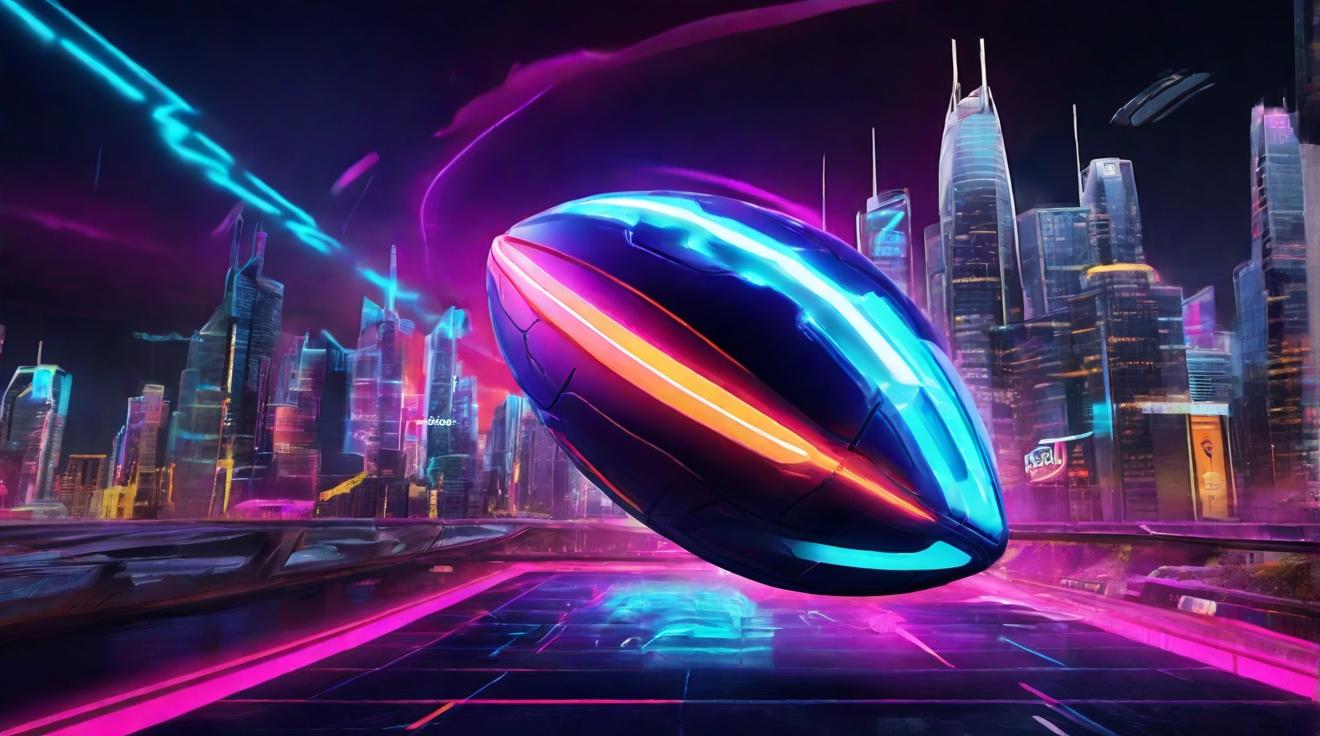PepsiCo’s Streamlined Supply Chain Strategy
PepsiCo, the world’s second-largest beverage and snack food company, is prioritizing its streamlined supply chain strategy to drive its success. With a focus on digital tools and advanced technologies, PepsiCo is investing in creating a more efficient and effective supply chain. However, the pandemic presented unprecedented challenges for the company and forced them to adapt their supply chain process.
Efficiency, sustainability, and resilience are at the core of PepsiCo’s complex supply chain strategies. With a portfolio of various brands, the company has mastered supply chain operations and production processes while also implementing sustainability measures. To account for potential disruptions, PepsiCo’s supply chain strategies are designed to mitigate risks caused by seasonal sourcing requirements, weather and climate change, and shifts in demand.
Sophisticated data analytics play a crucial role in PepsiCo’s supply chain. By improving ordering algorithms, distributors and retailers can accurately track inventory and place more precise orders based on sales histories and purchasing trends. This not only helps streamline the supply chain but also ensures cost-efficiency.
Zara’s Responsive Supply Chain
Zara, a leading fashion retailer, distinguishes itself through its highly responsive supply chain. Unlike its competitors, Zara changes its apparel designs every two weeks on average, allowing for fresh and constantly updated collections. With many factories near its headquarters, Zara eliminates the need for outsourcing distribution centers and production facilities, enabling greater flexibility and agility. The company also utilizes artificial intelligence for operations management, which aids in inventory tracking and streamlines processes.
Mars’ Competitive Edge in the Candy Market
Mars has consistently maintained its competitive edge for over a century. By investing in its U.S. supply chain and expanding its chocolate candy plant in Kansas, Mars has demonstrated a commitment to production and meeting consumer demand. The company has also focused on sustainability, launching campaigns to improve the cocoa supply chain and maintain strong relationships with supply chain partners.
Apple’s Supply Chain Success
Apple‘s ability to respond to demand surges is linked to its strong relationships with supply chain partners. By nurturing these partnerships, Apple ensures flexibility in meeting customer requirements. The company has also prioritized sustainability, announcing its goal of creating a closed-loop supply chain and powering all global facilities with renewable energy. Additionally, Apple has been using 100% recycled aluminum in newer products like the MacBook Air.
In conclusion, these beverage, fashion, candy, and technology companies have all recognized the importance of a streamlined and efficient supply chain. By investing in digital tools, advanced technologies, sustainability measures, and strong partnerships, these companies have enhanced their supply chain strategies, ultimately contributing to their overall success.
Analyst comment
Positive news: PepsiCo’s prioritization of a streamlined supply chain with digital tools and advanced technologies will likely lead to increased efficiency and effectiveness, mitigating potential disruptions and ensuring cost-efficiency.
Neutral news: Zara’s highly responsive supply chain, utilizing AI for operations management, allows for greater flexibility and agility. This strategy may contribute to the company’s success but does not indicate any significant changes in the market.
Positive news: Mars’ investment in expanding its U.S. supply chain and focusing on sustainability demonstrates a commitment to meeting consumer demand and maintaining strong relationships with supply chain partners.
Positive news: Apple’s strong relationships with supply chain partners and commitment to sustainability, including a closed-loop supply chain and renewable energy, contribute to its ability to respond to demand surges and enhance its overall success.













